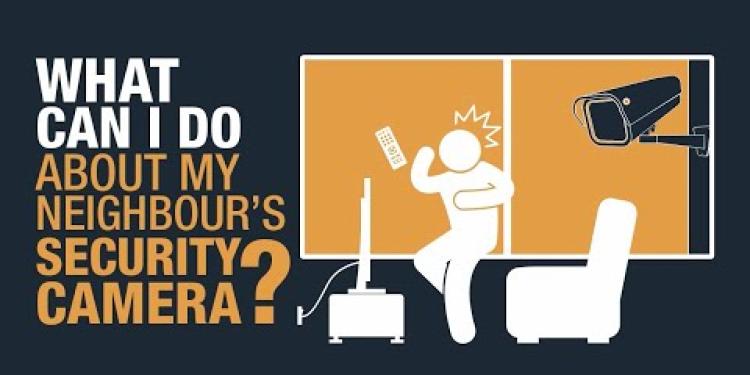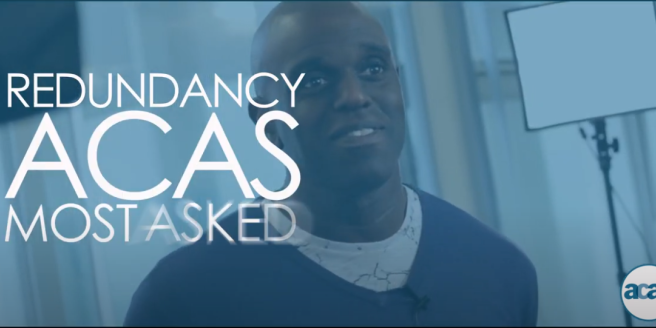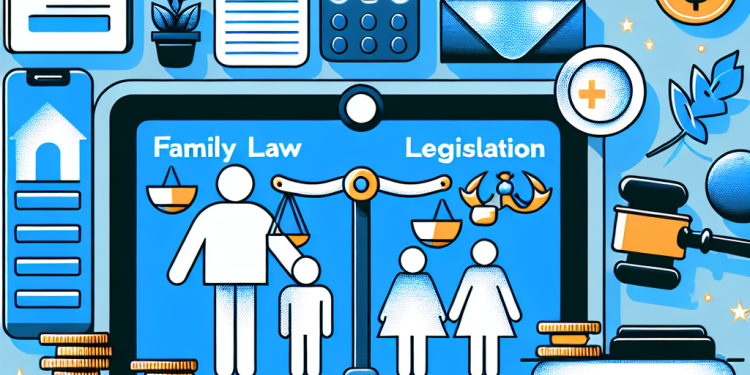Important Information On Using This Service
- Ergsy carefully checks the information in the videos we provide here.
- Videos shown by YouTube after a video has completed have NOT been reviewed by ERGSY.
- To view, click the arrow in the center of the video.
Using Subtitles and Closed Captions
- Most of the videos you find here will have subtitles and/or closed captions available.
- You may need to turn these on and choose your preferred language.
Turn Captions On or Off
- Go to the video you'd like to watch.
- If closed captions (CC) are available, settings will be visible on the bottom right of the video player.
- To turn on captions, click settings.
- To turn off captions, click settings again.
Find A Professional
More Items From Ergsy search
-

Clinical depression: Lawrence's story | NHS
Relevance: 100%
-

What is a public health funeral?
Relevance: 97%
-

Navigating Changes in Family Law Post-Brexit
Relevance: 77%
-
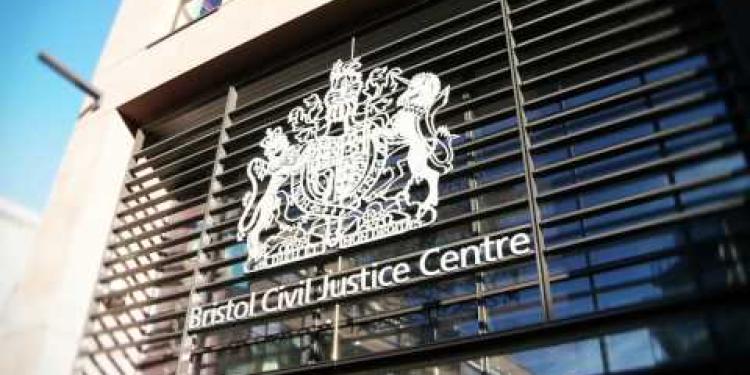
The Family Court without a Lawyer - Video 1 of 3
Relevance: 69%
-

Navigating Post-Brexit Family Law Changes
Relevance: 57%
-
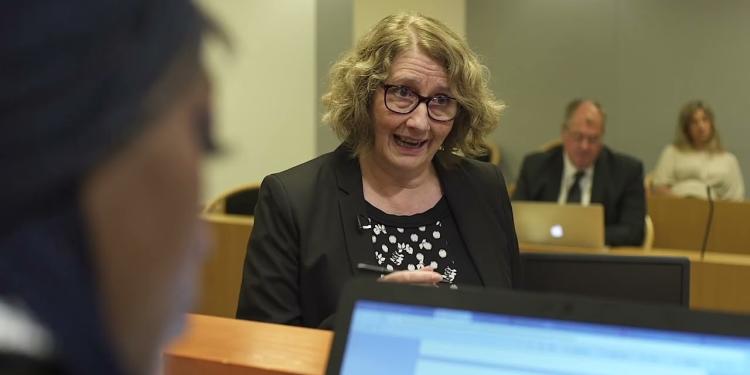
Magistrates in the Family Court: A Public Law Case
Relevance: 55%
-
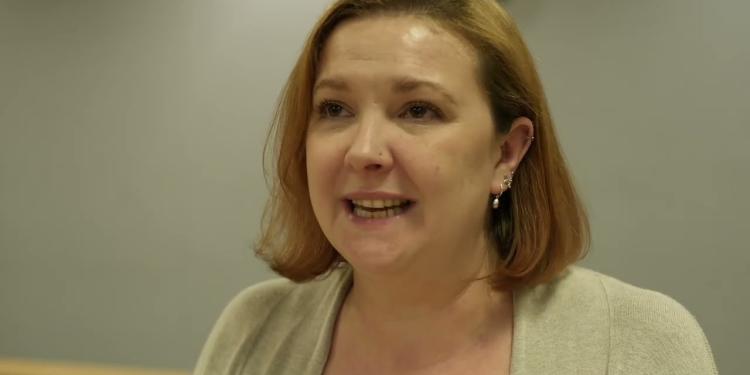
Magistrates in the Family Court: A Private Law Case
Relevance: 47%
-

Understanding the New Domestic Abuse Laws in the UK
Relevance: 47%
-

Public Sector Pension Changes | McCloud Judgement | NHS Pensions etc.
Relevance: 44%
-

THE LAW IN 60 SECONDS | HEALTH AND SAFETY AT WORK
Relevance: 41%
-
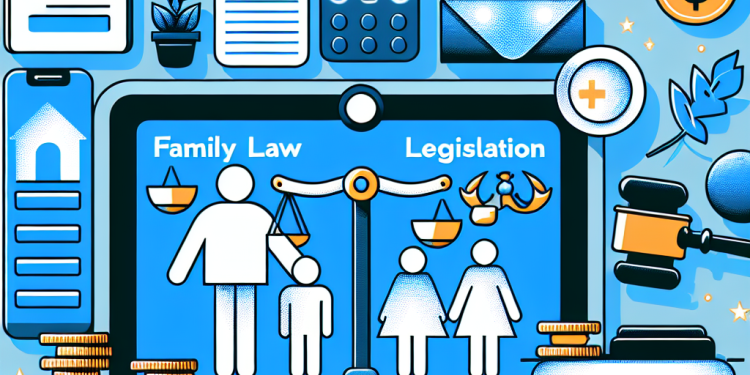
Impacts of Recent Changes to Family Law Legislation
Relevance: 38%
-

The Human Rights Act
Relevance: 36%
-

I'm Getting a Divorce | Tips From a Divorce Lawyer
Relevance: 32%
-
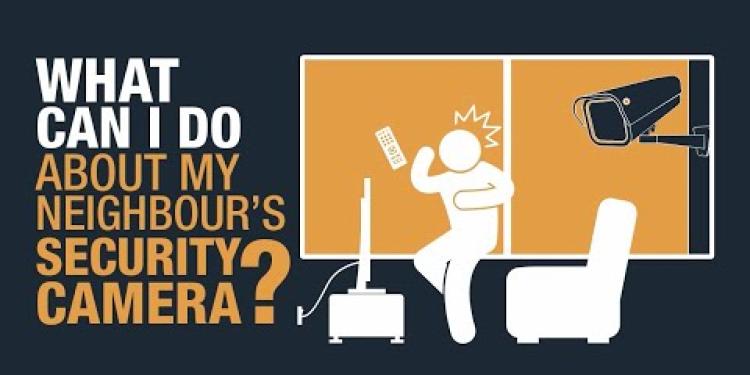
What can I do about my neighbour's security camera?
Relevance: 29%
-

Navigating Child Custody Laws in the UK
Relevance: 29%
-

Helen Starkie, Solicitor, Bath, UK
Relevance: 29%
-

Helen Starkie, Bath Solicitor for Wills and Probate Law
Relevance: 29%
-

Air Pollution and Lung Cancer
Relevance: 27%
-

What is the current measles vaccination coverage in the UK?
Relevance: 27%
-

Dr Philippa Kaye's story
Relevance: 27%
-

5 Facts about Alcohol and Britain
Relevance: 26%
-

The Family Court without a Lawyer
Relevance: 26%
-

What are my rights if the police want to stop and search me? [Criminal law]
Relevance: 26%
-

The Family Court without a Lawyer - Video 2 of 3
Relevance: 23%
-
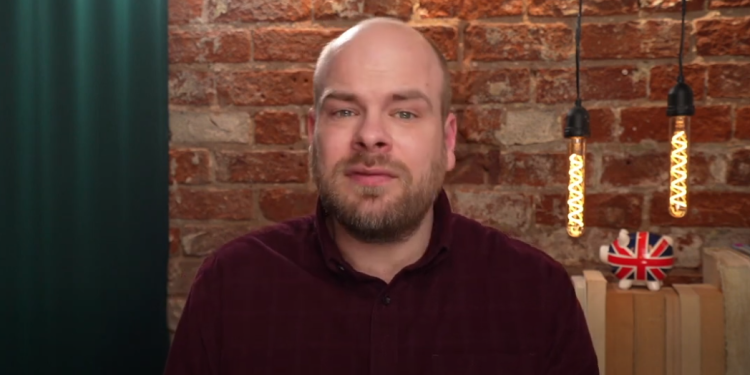
What Happens to Tax Debt After Death? (UK Laws)
Relevance: 23%
-

Emergency Legal Guidance: Navigating the Impact of Sudden Policy Changes on Families
Relevance: 23%
-

Strategies for Reducing Loneliness and Social Isolation in Urban Areas
Relevance: 21%
-

Alcohol-Related Deaths in Scotland
Relevance: 21%
-

The Family Court without a Lawyer - Video 3 of 3
Relevance: 20%
-

Origin of Judaism - A Brief History | 5 MINUTES
Relevance: 20%
-

What can I do about my neighbour's security camera?
Relevance: 20%
-

Suicide and Self Harm Prevention Strategy 2023-28
Relevance: 20%
-

Sue Doherty on hepatitis C awareness
Relevance: 19%
-
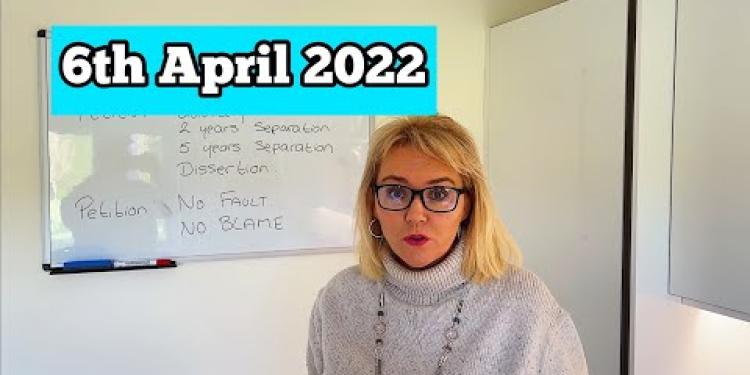
NO FAULT DIVORCE (What is there to know)
Relevance: 19%
-

What should you do during a measles outbreak?
Relevance: 19%
-
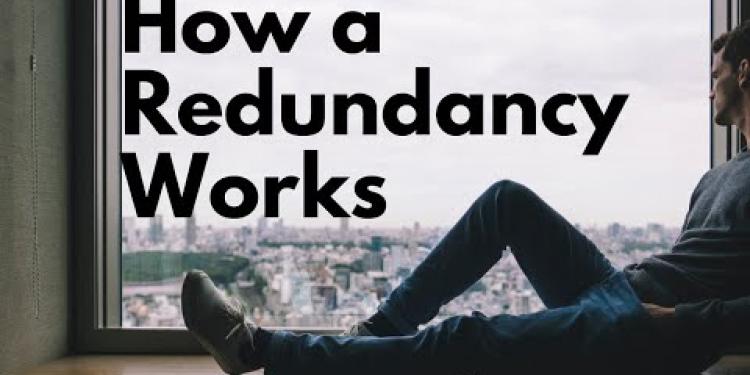
HOW A REDUNDANCY WORKS - General Information
Relevance: 19%
-

What is Homeopathy and Homeopathic Medecine?
Relevance: 19%
-

How can measles be prevented?
Relevance: 19%
-
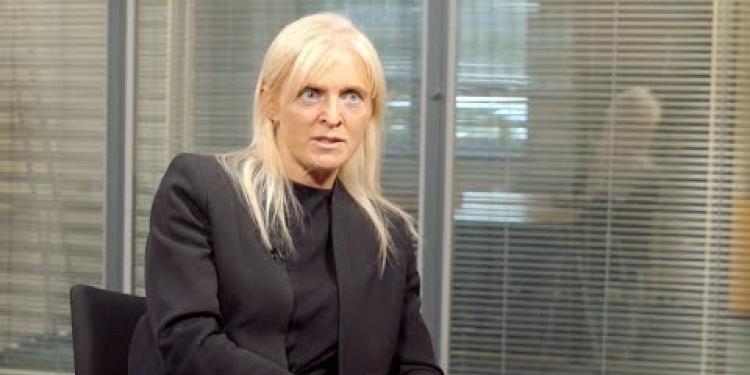
Child Care Proceedings | Family Law
Relevance: 18%
-

Understanding Your Rights: Legal Support for Families During Economic Turbulence
Relevance: 17%
Magistrates in the Family Court: A Public Law Case
Role and Responsibilities
Magistrates in the Family Court in the United Kingdom play a crucial role in overseeing public law cases, primarily those concerning the welfare of children. They are lay volunteers who bring diverse perspectives from the community, ensuring that decisions reflect a broad spectrum of societal values. Magistrates work as part of a panel, usually comprising three individuals, to hear cases and adjudicate on matters such as care and supervision orders, emergency protection orders, and adoption cases. Their responsibilities also include reviewing evidence, questioning parties, and ultimately making decisions in the best interest of the child.
Appointment and Training
Magistrates are appointed through a rigorous selection process overseen by the Judicial Appointments Commission. Candidates must exhibit qualities such as good character, integrity, sound judgment, and an understanding of the community. Once appointed, magistrates undergo extensive training provided by the Judicial College. This training covers aspects like legal knowledge, judicial skills, and effective child-focused decision-making. Continuous professional development ensures that magistrates stay updated on legal advancements and practices in family law.
Public Law Cases
Public law cases in the Family Court typically involve situations where the local authority has concerns regarding a child's welfare, often leading to interventions. Magistrates assess evidence presented by social workers, parents, guardians, and other experts to determine the best course of action. In such cases, the court's primary focus is the safety and well-being of the child, evaluating risks and considering whether the child should remain with their family or be placed in foster care or adoptive homes. Magistrates’ decisions significantly impact the lives of children and families, underscoring the importance of their role in the judicial system.
Decision-Making Process
The decision-making process in the Family Court involves several steps. Magistrates carefully scrutinize reports, testimonies, and evidence presented during hearings. They deliberate as a panel to ensure a balanced and fair viewpoint, taking into consideration the legal framework and guidelines laid down by family law. Magistrates must articulate their decisions clearly, providing reasons that justify the outcome. This transparency helps in maintaining trust in the judicial process and ensures that all parties understand the rationale behind the court’s decisions.
Community Impact
Magistrates serve an essential function in bridging the gap between the judiciary and the community. Their involvement ensures that the Family Court's decisions resonate with public sentiment while adhering to legal principles. By incorporating diverse viewpoints, magistrates contribute to fairer, more empathetic outcomes that reflect societal values. Through their volunteer service, magistrates enhance the credibility and accessibility of the family justice system, fostering a sense of communal responsibility towards child welfare.
Magistrates in the Family Court: A Public Law Case
Role and Responsibilities
Magistrates in the Family Court in the UK help make important decisions about children. They are volunteers from the community who help ensure decisions are fair. Three magistrates usually work together on cases. They decide on things like care orders and adoption. Their job is to listen to everyone, look at all the information, and decide what is best for the child.
Appointment and Training
Magistrates are chosen carefully to make sure they have good character and judgment. They get special training to learn about the law and how to make the best decisions for children. They keep learning to stay updated on new laws and ways to help kids in family court.
Public Law Cases
Public law cases happen when there are worries about a child's safety. Magistrates look at information from people like social workers and parents to decide what is safest for the child. Sometimes this means staying with their family, or going to foster care or adoption. Their decisions can change a child’s life, so this role is very important.
Decision-Making Process
The decision process involves many steps. Magistrates read reports and listen to everyone involved. They talk together to make fair decisions. They explain their decisions clearly so everyone knows why they made them. This makes the process fair and helps people trust their decisions.
Community Impact
Magistrates help make sure that court decisions match what people in the community think is fair. They bring different viewpoints to help make kinder decisions. By volunteering, they help make the justice system work better for children and families.
Frequently Asked Questions
What is the role of a magistrate in the family court?
Magistrates in the family court make decisions on various matters including child protection, adoption, and family disputes. They assess the welfare of children and work to ensure their safety and well-being.
Can magistrates make legally binding decisions?
Yes, magistrates' decisions in the family court are legally binding, although they can be appealed to a higher court.
Do magistrates have legal training?
Magistrates are not typically legally qualified, but they receive specialized training to handle family court matters and are supported by legal advisors.
How are family court magistrates selected?
Magistrates are volunteers who are appointed through a rigorous selection process that includes interviews, training, and ongoing assessments.
What types of cases do family court magistrates handle?
Family court magistrates handle cases related to child protection, care proceedings, contact and residence disputes, and occasionally domestic violence issues.
Is there a difference between magistrates and judges in the family court?
Yes, judges are legally qualified professionals with extensive training, whereas magistrates are volunteers with specialized training supported by legal advisors.
Can I represent myself in front of a family court magistrate?
Yes, individuals have the right to represent themselves in family court, though it may be beneficial to seek legal advice given the complexities involved.
Do magistrates work independently or in panels?
Magistrates typically work in panels of three in the family court to ensure balanced and fair decision-making.
How do magistrates ensure the welfare of children?
Magistrates consider the 'welfare checklist' outlined in the Children Act 1989, which includes factors such as the child's wishes, needs, and any risk of harm.
Can magistrates issue a care order?
Yes, magistrates can issue a care order, which places a child in the care of the local authority, if they believe it is necessary for the child's welfare.
What is a contact order?
A contact order, now known as a Child Arrangements Order, specifies the arrangements for a child to have contact with a parent or relative.
Are family court proceedings private?
Yes, family court proceedings are usually held in private to protect the confidentiality and best interests of the children involved.
Can the public attend family court hearings?
Generally, the public cannot attend family court hearings as they are private, but journalists can attend under certain conditions.
What support is available for children involved in family court cases?
Children may receive support from a Children's Guardian, who represents their interests, and other professionals such as social workers and Cafcass officers.
How long does a typical case take in the family court?
The duration of a case varies widely depending on its complexity, but most aim to be resolved within six months to ensure timely outcomes for children.
What does a magistrate do in family court?
A magistrate helps people in family court.
They listen to the problems families have. They help decide what is best for everyone.
Sometimes they make important choices, like where children will live or who they will see.
Magistrates make sure everyone is treated fairly and follows the rules.
When you go to family court, you can bring someone to help you, like a family member or a friend.
There are also special people called advocates or support workers who can help explain things to you.
Magistrates in the family court help make important choices about families. They help decide on things like keeping children safe, adoption, and family arguments. They want to make sure children are safe and happy.
Can Magistrates Make Decisions Everyone Has to Follow?
Yes, magistrates can make decisions that everyone must respect and follow. This is called a "legally binding" decision. These decisions are made in a court where people listen to both sides and make fair choices.
If you find it hard to understand, you can use tools like picture cards or ask someone you trust to explain it to you. You can also ask questions if you are confused. Remember, it's important to understand decisions that are legally binding.
Yes, when magistrates make decisions in family court, you must follow them. But, if you think they are wrong, you can ask a higher court to change the decision.
Do magistrates learn about the law?
Magistrates are people in court who help decide what is right or wrong. They do not go to law school like lawyers. But they do get special lessons and training to help them understand the rules and do a good job.
If you find this hard to read, you can ask someone to read it with you, or use an app that reads aloud.
Magistrates are not usually lawyers, but they learn special skills to help with family court. They have legal advisors to help them.
How do we pick family court judges?
Family court judges are the people who make decisions in family court. But how do we choose them?
Here is how it works:
- They must learn and know a lot about the law.
- They usually work as lawyers first.
- People can apply to be a judge. They send in a form to say they want the job.
- Other smart people talk to them to see if they are good for the job.
- If they are good, they can become a judge.
Helpful tip: If reading is hard, use tools like a screen reader. It can read the words out loud for you.
Magistrates are people who help the community. They do not get paid. They are chosen through a careful process. This process has interviews, training, and regular check-ups.
What do family court judges do?
Family court judges work on different kinds of family problems. Here are some examples:
- When parents argue about who the child will live with.
- When parents need to decide who will pay for things the child needs.
- When a child needs to be taken care of by someone else because the parents can’t.
- When people want to adopt a child.
- When family members need protection from one another.
Using pictures or videos can help understand these cases better. You can also ask someone you trust to explain more.
Family court magistrates help with important family problems. They look after cases about keeping children safe, who they should live with, and who they can see. They also sometimes help with cases about family fighting.
What is the difference between magistrates and judges in family court?
Magistrates and judges both work in family court. They help make decisions about families. - **Magistrates**: They are people from the community. They listen to both sides and help make fair choices. They do this with the help of a legal adviser. - **Judges**: They are trained lawyers. They know a lot about the law. Judges can make big decisions in court. To understand better, you can: - Ask someone to explain it in simple words. - Use pictures to help you understand. - Watch videos about magistrates and judges.Yes, judges are people who go to school for a long time to learn the law. They know a lot about it. Magistrates are volunteers. They get special help from people who know the law well.
Can I speak for myself at family court?
Yes, you can speak for yourself in family court.
Here are some tips to help you:
- Prepare what you want to say before you go.
- Write down important points you want to remember.
- Bring a friend or family member for support.
- It might help to practice out loud.
- You can ask for help understanding anything that is difficult.
Yes, people can speak for themselves in family court. But it can be good to get help from a lawyer because it can be confusing.
Do magistrates work alone or in groups?
Do magistrates make decisions by themselves, or do they make decisions with others? Magistrates usually work in groups of three. This is called a panel. Working with others can help them make fair decisions.
If reading is hard, try these tips:
- Break down the text into small parts.
- Use a ruler or finger to follow the words.
- Ask someone to read it with you.
Magistrates usually work in teams of three people in the family court. This helps to make sure that decisions are fair and balanced.
How do magistrates help keep children safe and happy?
Magistrates are people who make decisions in court. They help make sure children are safe and have what they need. Here is how they do it:
- They listen to everyone and gather all the facts.
- They think about what is best for the child.
- They talk to experts for advice.
- They make sure children have a safe home.
- They ensure children go to school and have a good life.
If you want more help, ask a teacher or find a friendly adult to explain things. You can also use easy-read books or apps to learn more.
Judges think about the 'welfare checklist' from the Children Act 1989. This list helps them decide what is best for the child. It includes thinking about what the child wants, what the child needs, and if the child might be in danger.
Can Judges Make a Care Order?
Can a judge decide who looks after a child? This is called a 'care order.' Judges work in a court. They help decide what is best for children. If there is a problem, a judge can make a plan for the child.
Sometimes, children need special help. A judge might say, "Let's find someone safe to care for you." This is to make sure the child is happy and safe.
If you want to learn more or need help, you can:
- Ask a teacher or a parent to explain.
- Use fun books or videos for kids about court and judges.
- Play games that teach about safety and care.
Yes, judges can decide if a child should live with the local council. They do this to keep the child safe and happy.
What is a contact order?
A contact order is a rule from a court. It helps a child see or talk to certain people, like their parents or family.
Here is how it works:
- The court says who the child can see or talk to.
- The court says when and how this happens.
Helpful tips:
- Ask someone you trust to explain it to you.
- Use pictures or drawings to help understand.
A Contact Order is now called a Child Arrangements Order. This order tells you when and how a child can see their mum, dad, or other family members.
Is Family Court Private?
Family Court is a special place where people talk about family problems, like when parents divorce or where children will live. Sometimes, people want to keep these talks private.
In many cases, Family Court is not open for everyone to watch. This means only certain people can be there, like the judge, the people in court, and their helpers. It's like having a meeting with only some people invited.
If you want to understand better, you can ask someone you trust to explain, or use pictures and simple words to help you learn about Family Court.
Yes, family court meetings are often private. This keeps things secret and protects what is best for the children.
Can people go to watch family court meetings?
Family court is where important decisions are made about families and children. Most of the time, people who are not part of the family cannot go inside. These meetings are private. This is to keep family information safe.
If you have trouble reading, you can ask someone to help explain. Tools like audio reading apps or reading pens can also help you understand better.
Family court hearings are private. Most people cannot go, but sometimes reporters can go if they follow special rules.
What help can children get in family court cases?
Children who are part of family court cases can get help. There are people and tools to support them. Here is how they can get help:
- Support Workers: There are special people who talk to the children. They make sure children can share their thoughts and feelings.
- Guidance: Children get help to understand what is happening. This makes them feel less worried.
- Comfort: Children can bring a toy or blanket. This helps them feel safe.
It is important for children to have help. This way, they can feel better during family court cases.
Children can get help from a special person called a Children's Guardian. This person looks out for what is best for the child. Other people who help are social workers and people from Cafcass. They work to make sure the child is safe and happy.
How long does it take when families go to court?
How long a case takes can be different for each one. Some can be quick, and some take longer. Most cases try to finish in six months. This is so children can have answers sooner.
Useful Links
Useful links from: Emergency Legal Guidance: Navigating the Impact of Sudden Policy Changes on Families
- Citizens Advice Provides free, independent, and confidential advice to help people resolve their legal, financial, and other problems. They offer specific guidance on navigating sudden policy changes and the impact on families.
- NHS - Patient Advice and Liaison Service (PALS) NHS service that offers advice, support, and information on health-related matters. PALS can help families navigate sudden policy changes and understand their impact on healthcare services.
- Shelter UK charity that provides legal advice and support for housing issues, including guidance on the impact of sudden policy changes on families' housing situations. They offer emergency legal guidance through their website and helplines.
- Family Rights Group UK charity that provides advice and support for families whose children are involved with children's services. They offer legal guidance in response to sudden policy changes affecting family rights and child welfare.
Useful links from: Magistrates in the Family Court: A Private Law Case
- GOV.UK - Family Court Information Official site providing comprehensive information on the functioning of the Family Court, including roles of magistrates and process in private law cases.
- NHS - Services and Support for Families NHS page detailing services and support available for families, including guidance on accessing family courts and related health services.
- Citizens Advice - Going to Court Provides advice on what to expect when going to court, including private law cases in the Family Court and the role of magistrates.
- Family Lives - Support for Family Court Cases UK-based charity offering resources and support for families involved in court cases, with specific guidance on private law cases in the Family Court.
More Videos of Interestdiagnosis
Have you found an error, or do you have a link or some information you would like to share? Please let us know using the form below.
- Ergsy carfully checks the information in the videos we provide here.
- Videos shown by Youtube after a video has completed, have NOT been reviewed by ERGSY.
- To view, click the arrow in centre of video.
- Most of the videos you find here will have subtitles and/or closed captions available.
- You may need to turn these on, and choose your preferred language.
- Go to the video you'd like to watch.
- If closed captions (CC) are available, settings will be visible on the bottom right of the video player.
- To turn on Captions, click settings .
- To turn off Captions, click settings again.


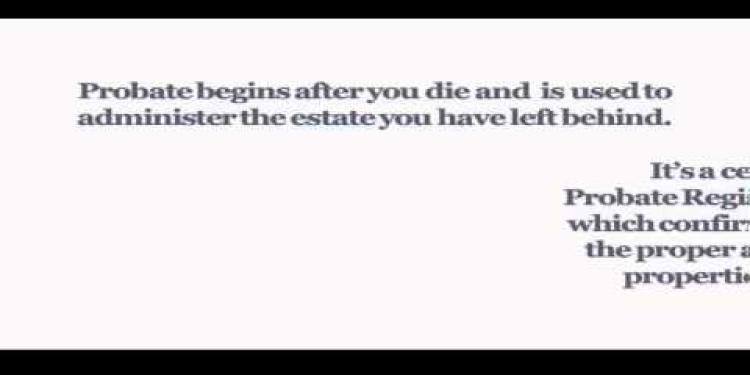


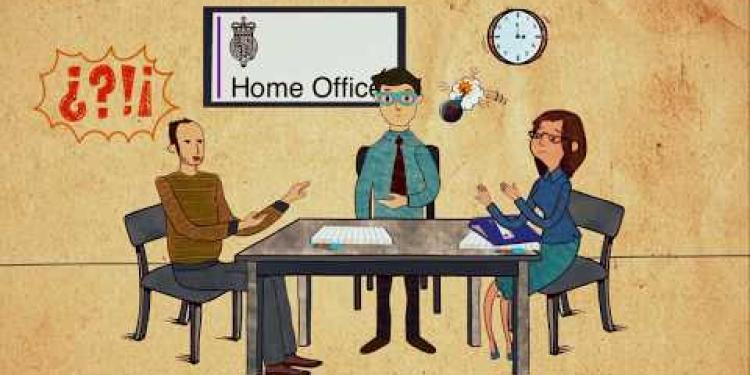










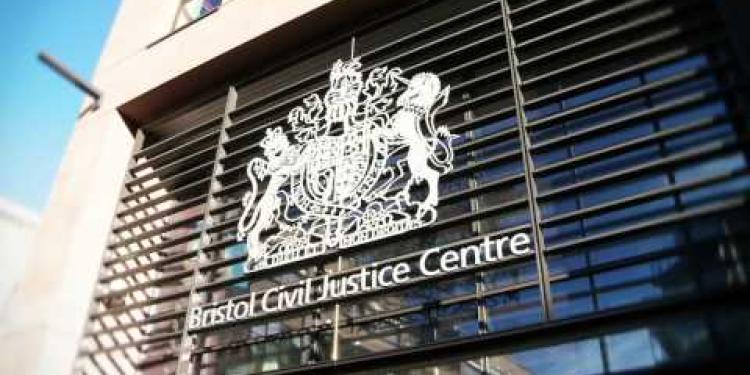


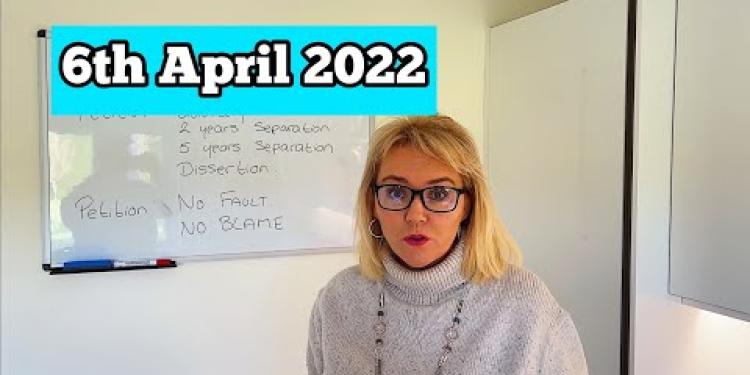

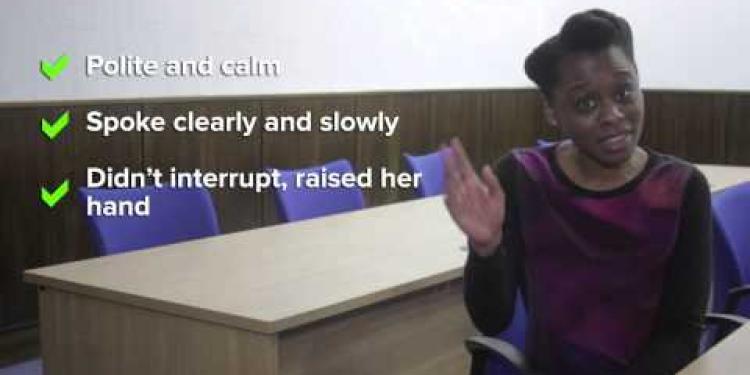





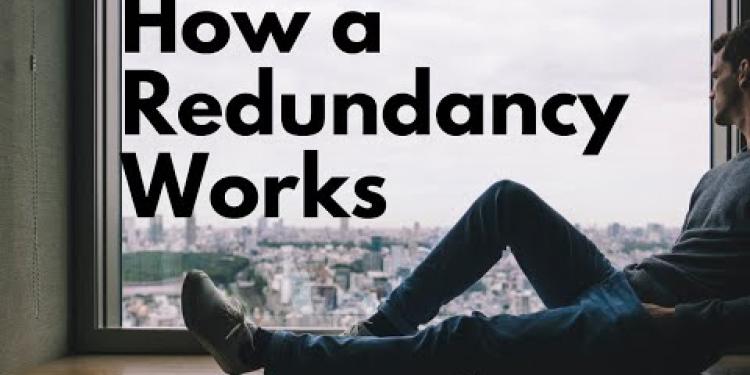


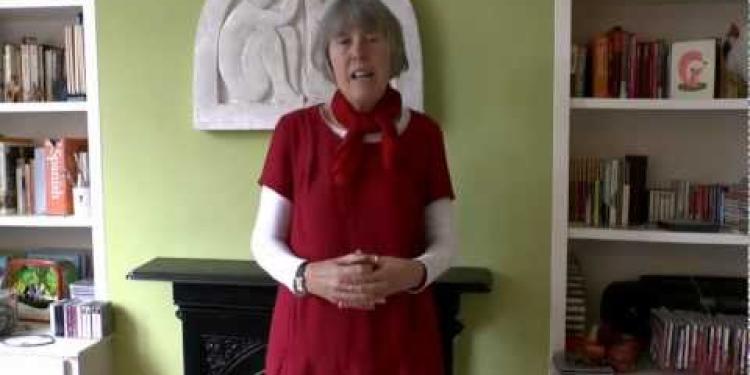

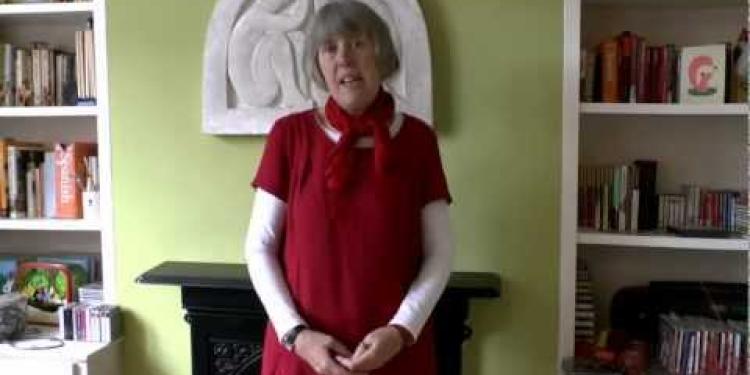



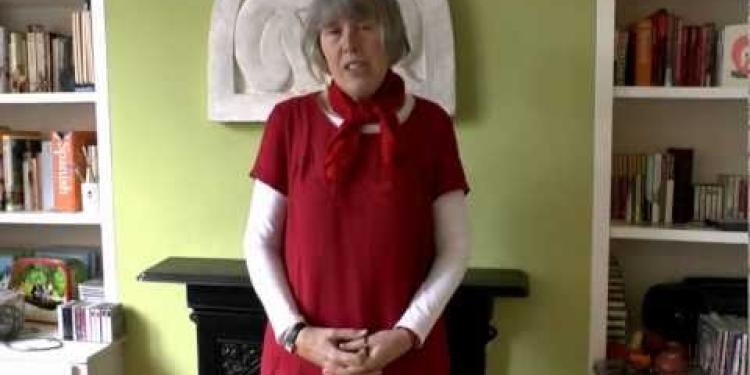

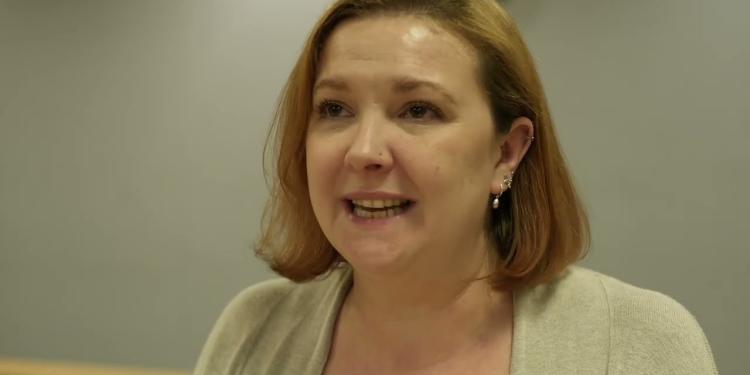
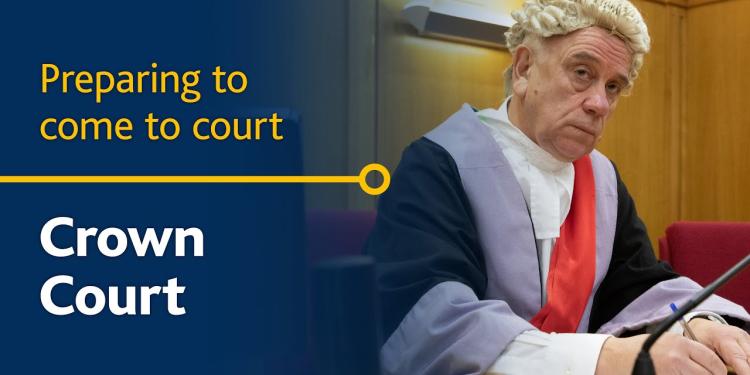

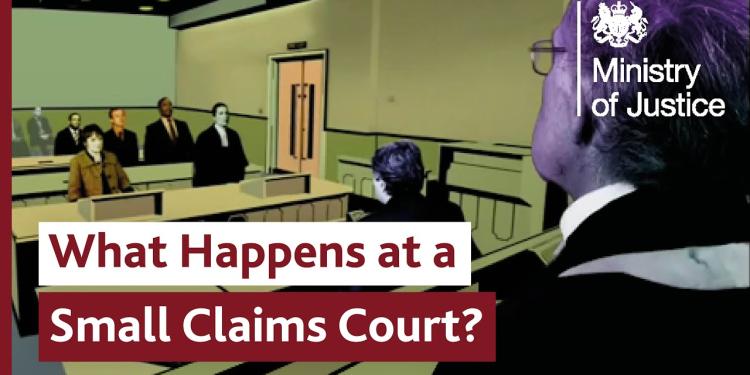
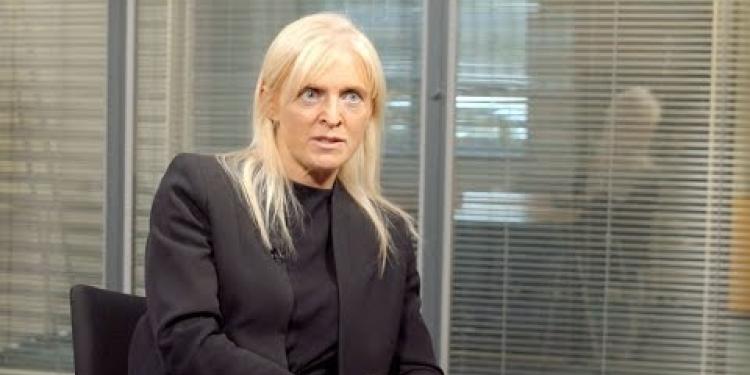
![What are my rights if the police want to stop and search me? [Criminal law]](https://ergsy.com/sites/default/files/styles/video_thumb/public/video_thumbs/Ch8-lvxKzd4-video-thumb.jpg?itok=nM8V1BXU)
